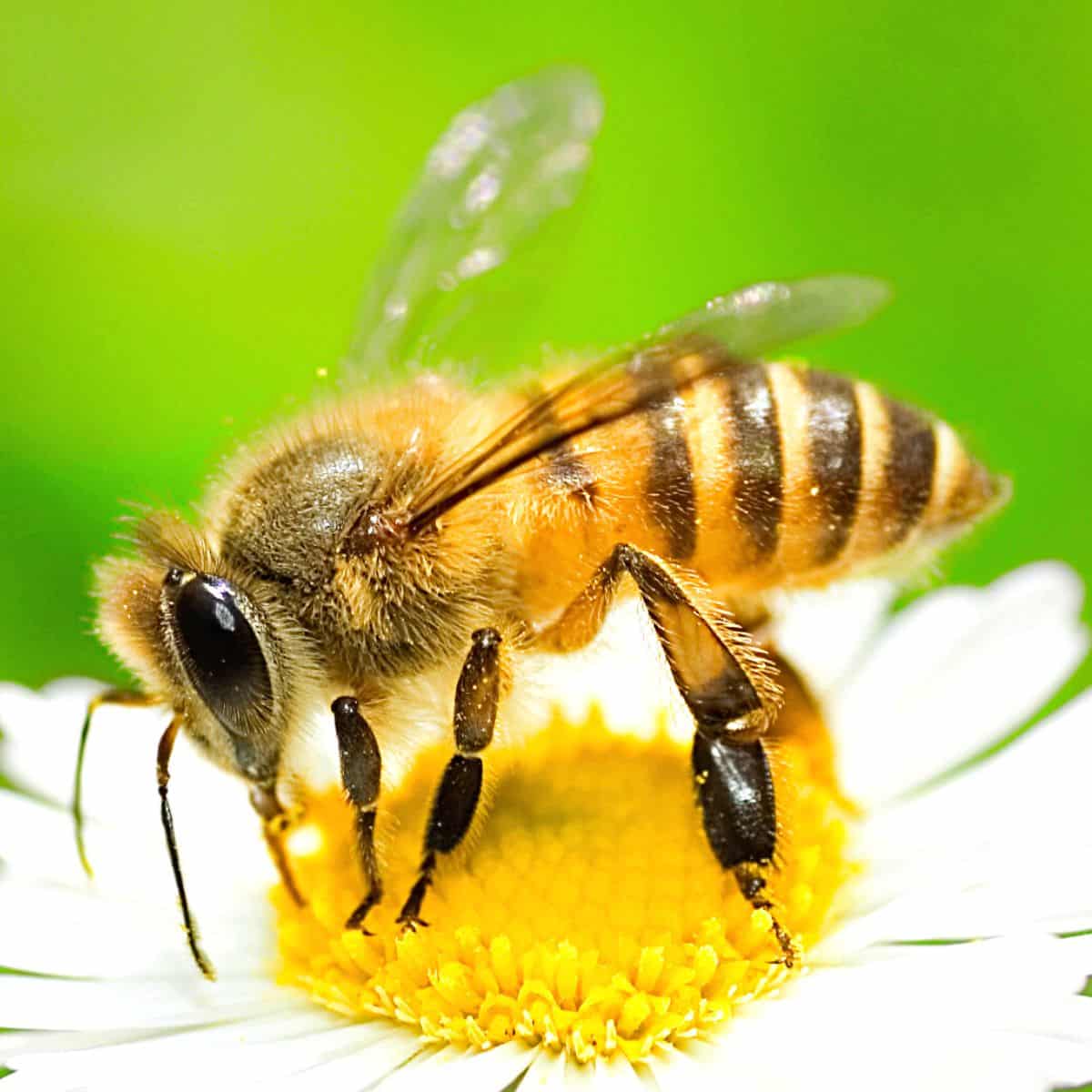NaLIRRI’s entomology scientists have designed four innovative honey bee pest traps currently under final evaluation for effectiveness. According to Dr. Kasangaki Patrice, the Program Leader of the Entomology Program at NaLIRRI, the goal is to create traps that effectively manage pests without harming the bees or contaminating their product.
Under the project titled “Harnessing Microbial and Semiochemical Resources for Pest Management,” NaLIRRI’s entomology scientists meticulously crafted the traps specifically to target hive beetles and wax moths, two notorious honey bee pests. Dr. Kasangaki emphasized, “These traps utilize natural lures infused with pesticides to attract and eliminate the pests outside the bee hives, ensuring the safety of the bees and their products.”
Dr. Kasangaki, also serving as the Project Principal Investigator, highlighted the broader objectives of the project. “We aim to enhance pest management in Uganda by developing scalable and sustainable insecticides derived from soil-bacteria Saccharopolyspora spp.,” he elaborated. “Additionally, we’re focusing on bee semiochemical-based strategies to combat hive beetles and wax moths, thereby bolstering colony productivity.”
The project’s scope encompasses two main work packages: one dedicated to developing broad-spectrum insecticides and another focusing on bee semiochemical-based strategies. Implementation sites were strategically chosen in districts like Nakasongola, Mbarara, and Oyam for the former, while areas in the Lake Victoria Crescent and Mid North were selected for the latter based on prior research on honeybee pest infestations.
Dr. Kasangaki stressed the significance of the project’s objectives in addressing critical challenges posed by insect pests and vectors in Uganda. “Insects play multifaceted roles, acting as resources, pests, and disease vectors. It’s imperative to mitigate the detrimental impacts of pests while safeguarding environmental and human health,” he emphasized.
Amidst the challenges posed by synthetic pesticides, the project aimed to offer sustainable solutions by harnessing naturally occurring and environmentally friendly alternatives. “Our research seeks to mitigate the adverse effects of synthetic pesticides while promoting the use of bio-derived products that are highly efficacious and selective,” Dr. Kasangaki affirmed.
As the project progressed, Dr. Kasangaki remained optimistic about its potential to contribute to Uganda’s agricultural sector and align with broader national development goals. “By focusing on pest management innovations, we aim to support the country’s efforts towards poverty eradication, food security, and improved quality of life for its citizens,” he concluded, his enthusiasm undiminished as he looked towards a future where bees thrived and pests were managed sustainably.

